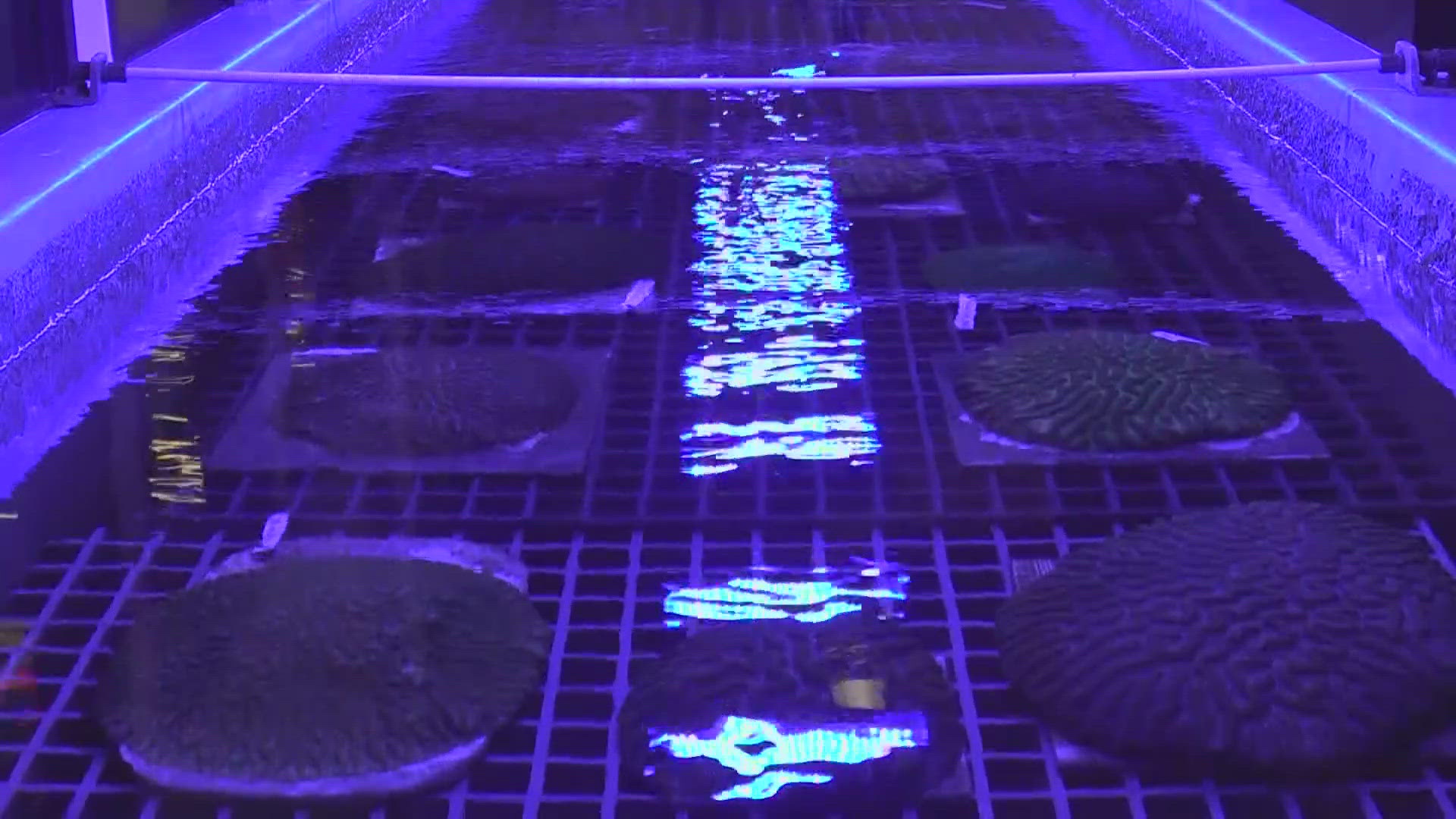It's Earth's greatest resource.
Roughly 70 percent of the planet's surface is covered by the ocean. So, in the quest to reduce global carbon emissions and lessen the impact of climate change, scientists are asking why haven't we considered using the sea to our advantage?
A report by the National Academies of Sciences, Engineering and Medicine says, right now, current levels of CO2 emissions far exceed what nature is able to remove, and simply reducing them will not do enough to stabilize the climate. That's why scientists say the U.S. should at the very least investigate whether ocean-based carbon removal strategies are an option.
Some of the scenarios being pitched include adding nutrients into the water to boost the growth of phytoplankton that take carbon from the air. Another idea being tossed around is chemically altering ocean water so that it absorbs more CO2.
Scientists say it's not clear which of these ideas would work and the long-term effects are unknown.
The idea of re-engineering our planet to fight climate change is a controversial one. But, the same group of scientists says it is unlikely humans will be able to meet the goal of limiting warming to 1.5 degrees Celsius without using carbon removing technology. To meet that goal, the group says humans would have to remove roughly 10 gigatons of carbon from the air every year until 2050.
However, not every idea proposed requires geoengineering. The group also recommends natural solutions like cultivating seaweed and restoring coastal ecosystems.
Scientists are recommending investing more than $1 billion over the next 10 years to research programs to look further into ocean-based carbon removal approaches.



